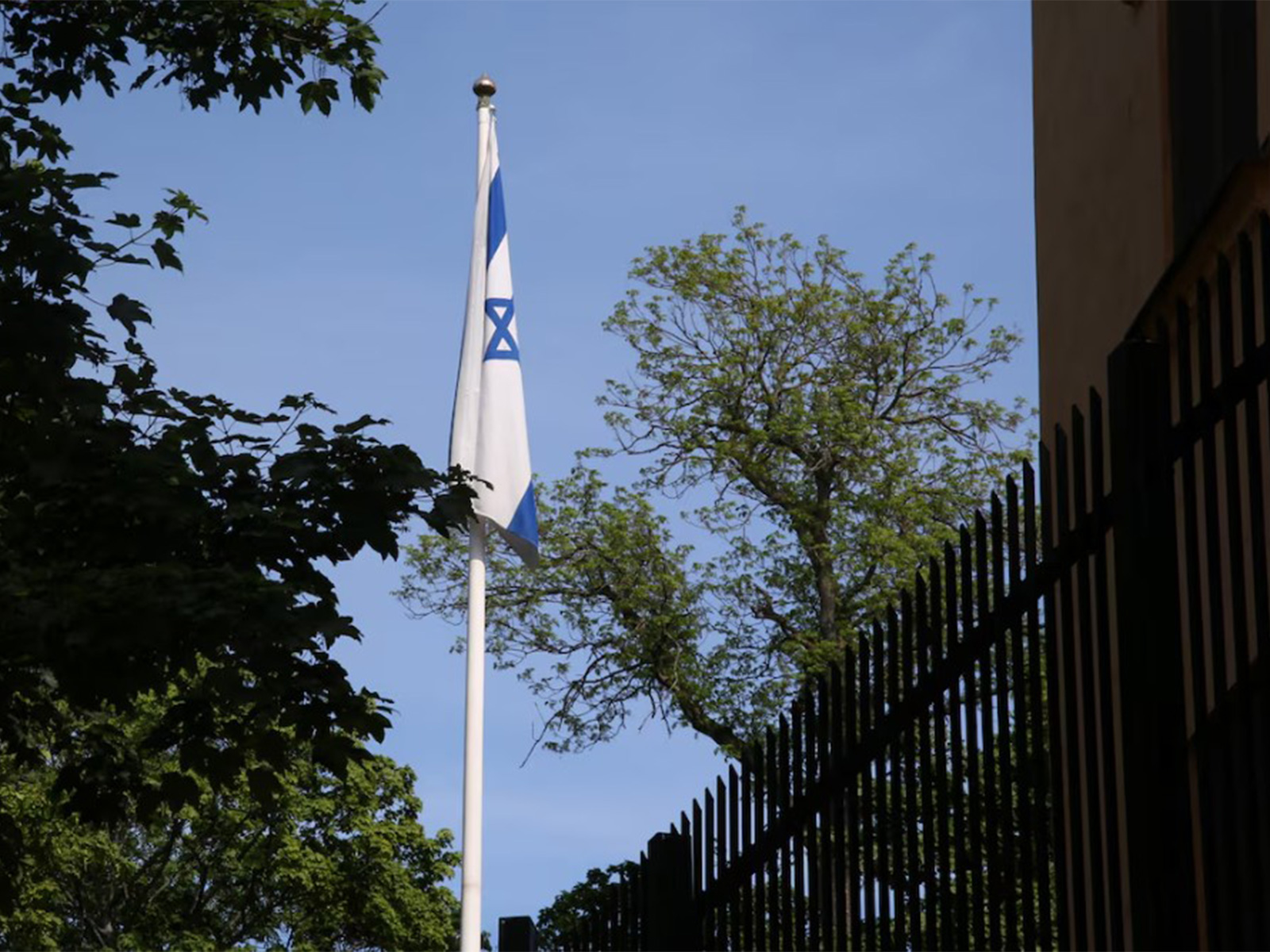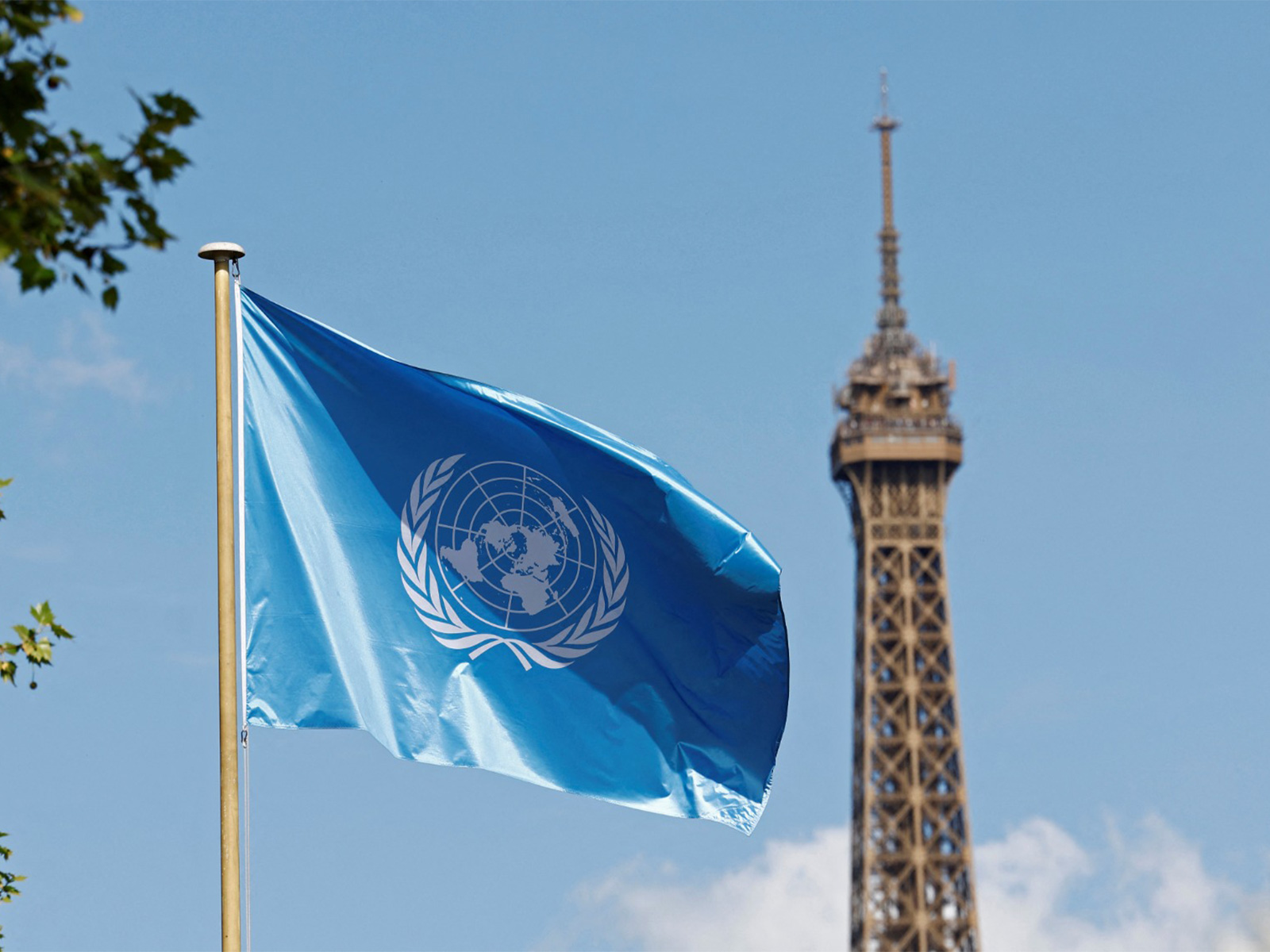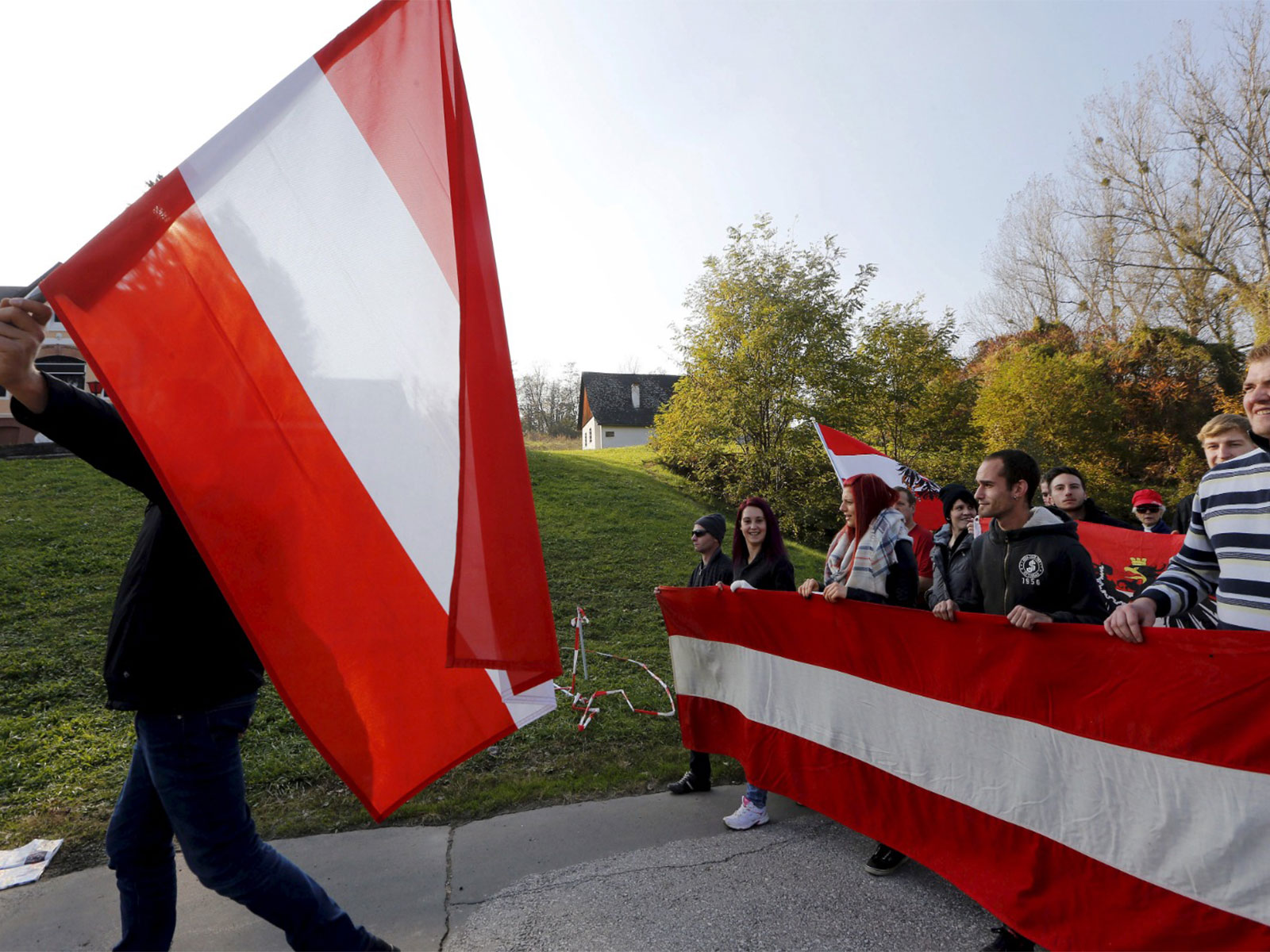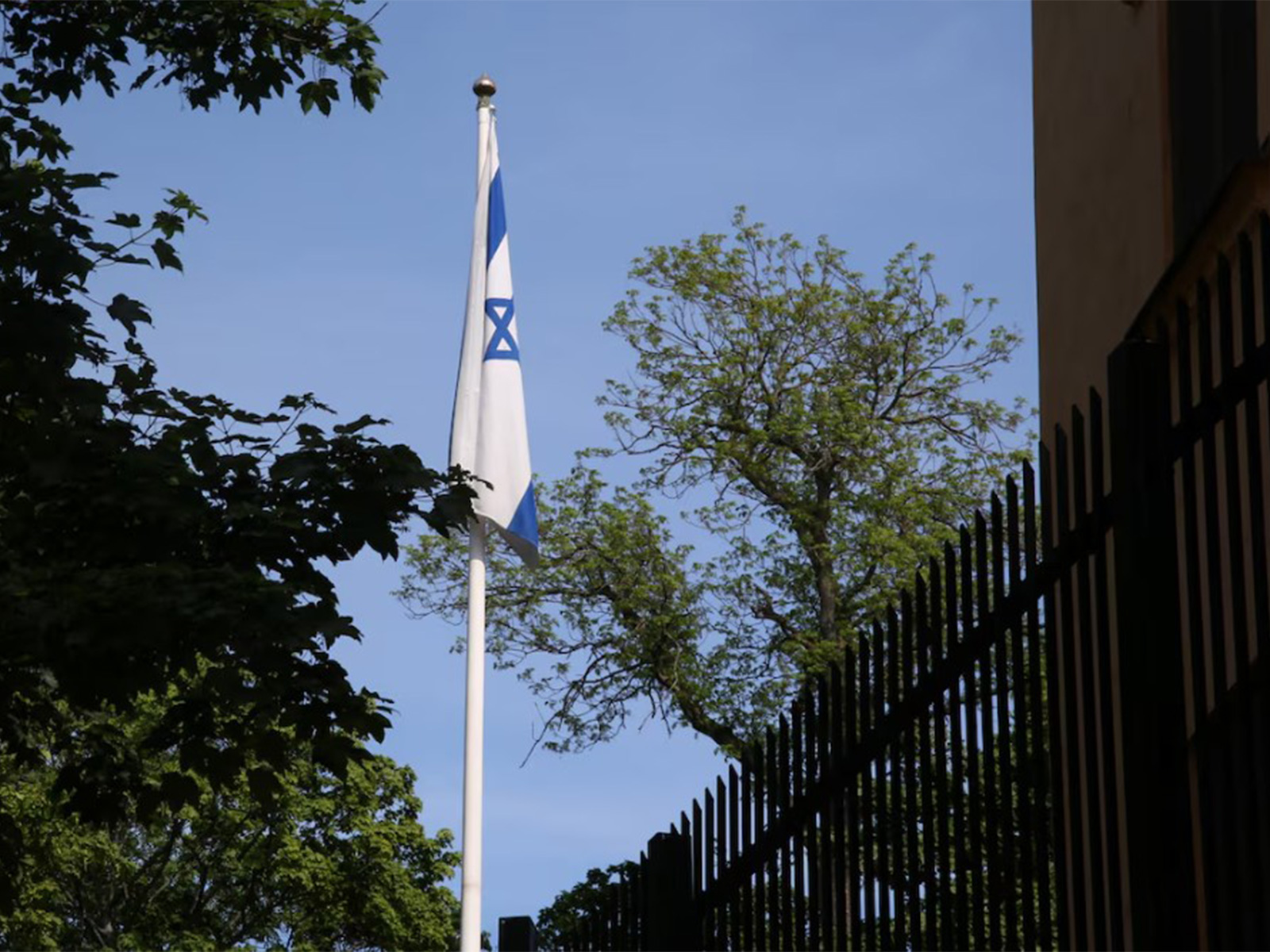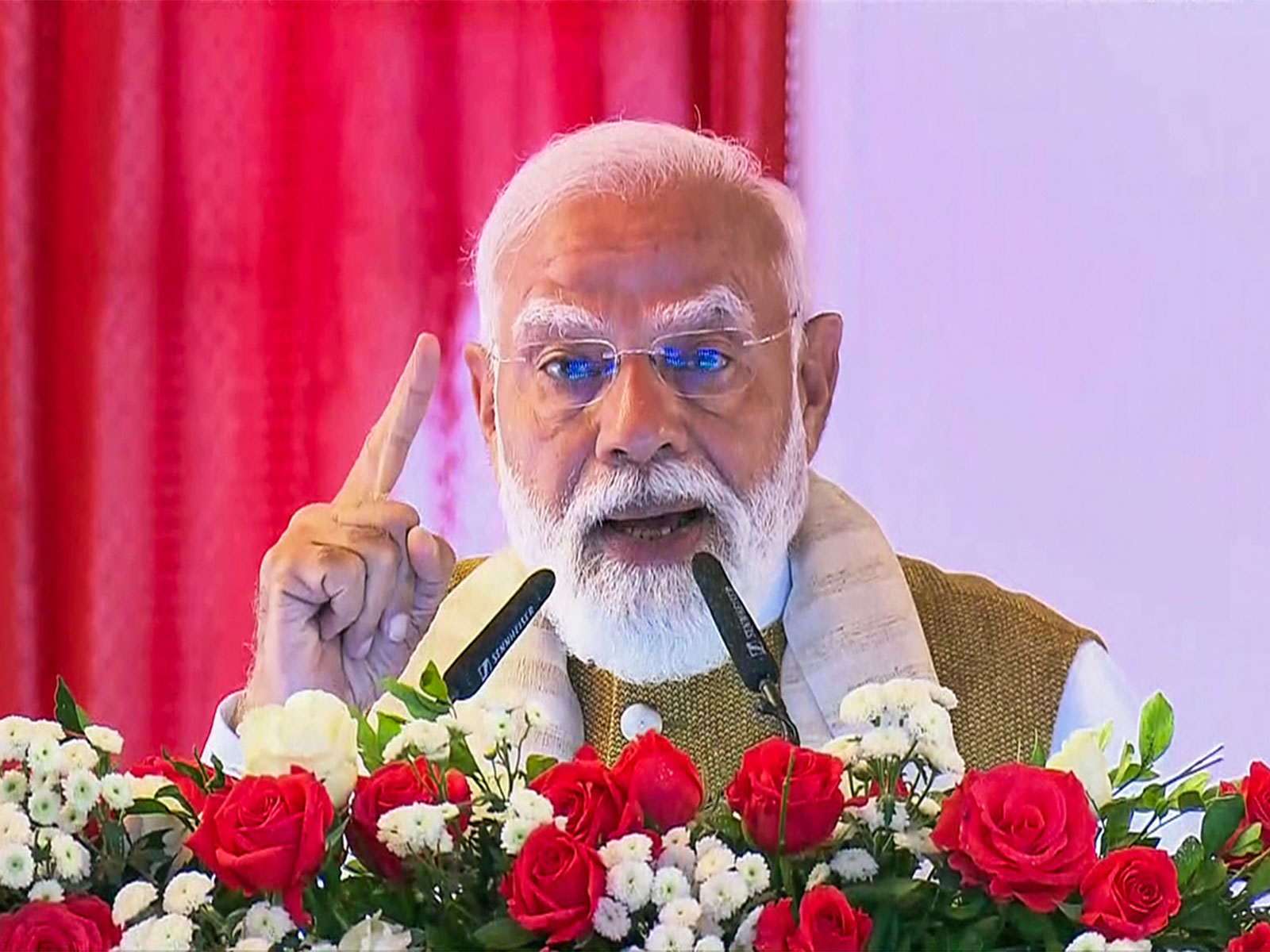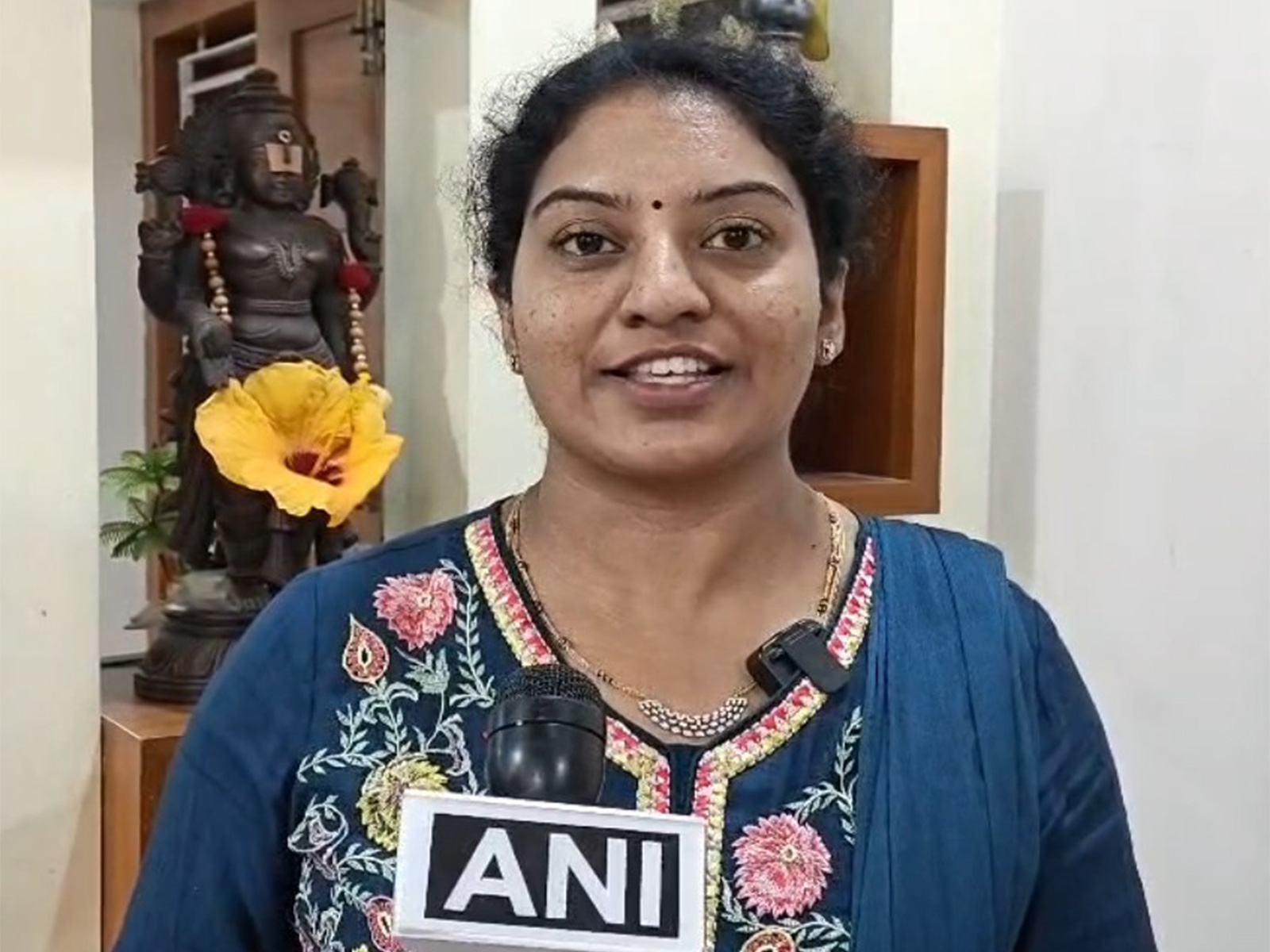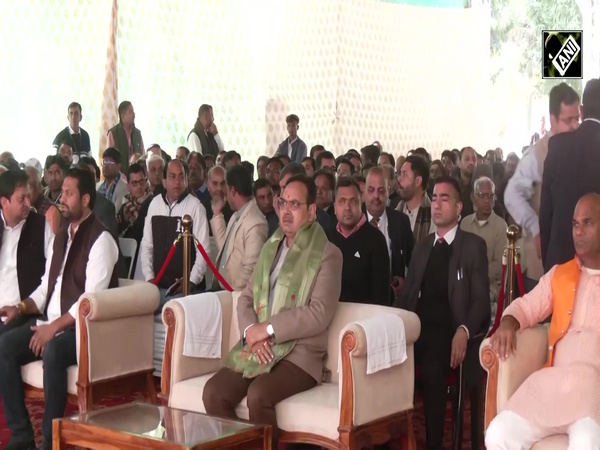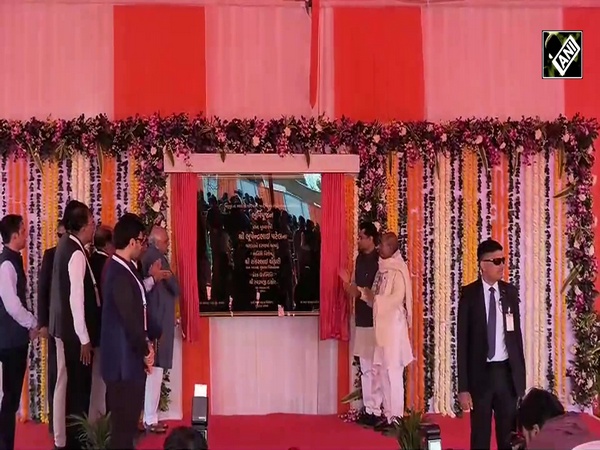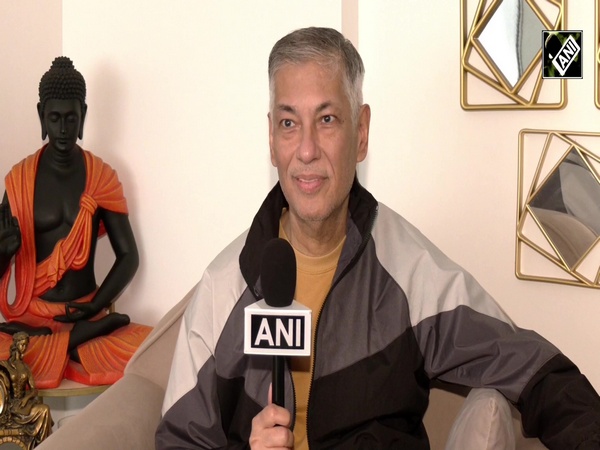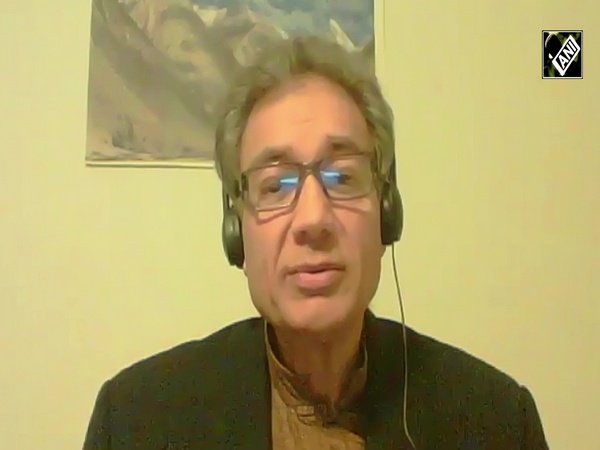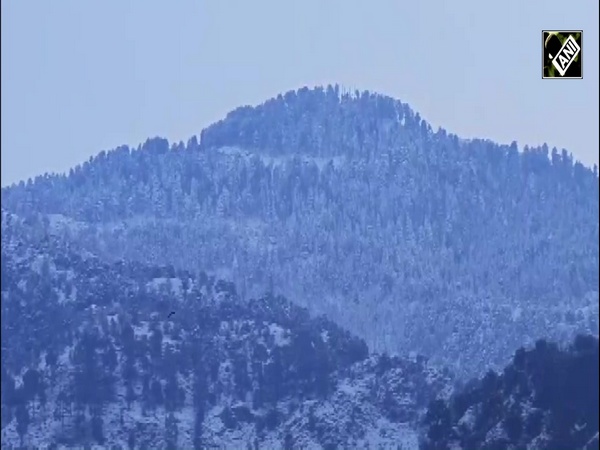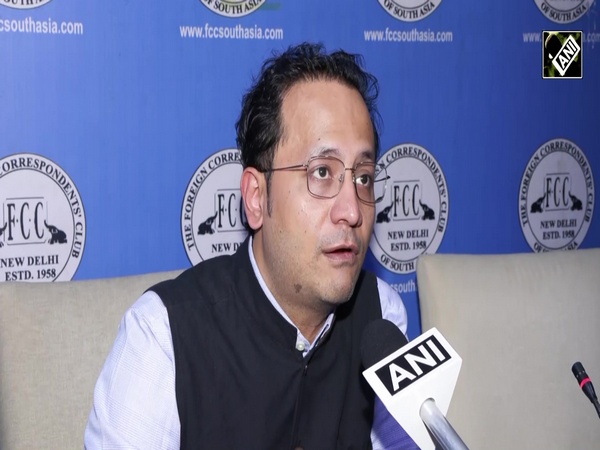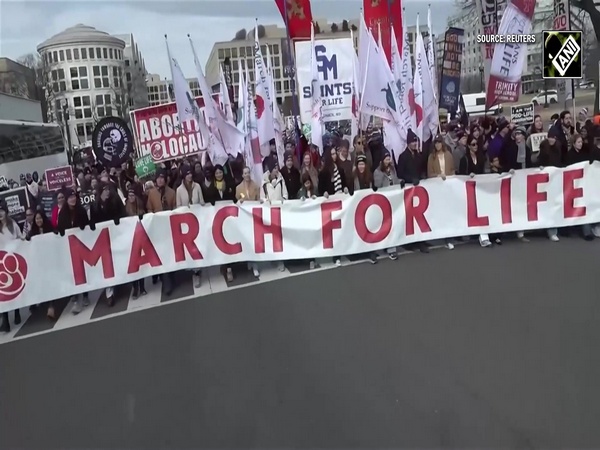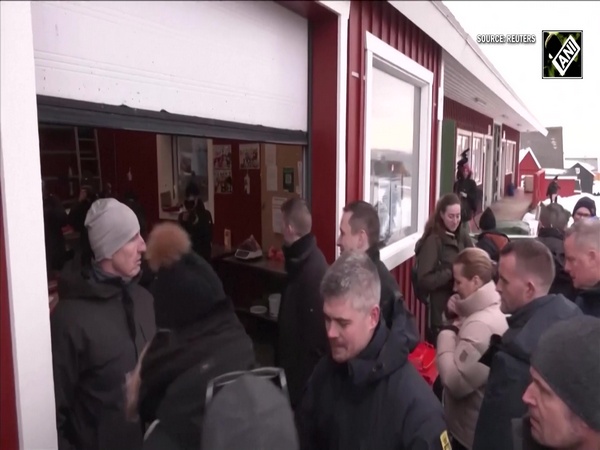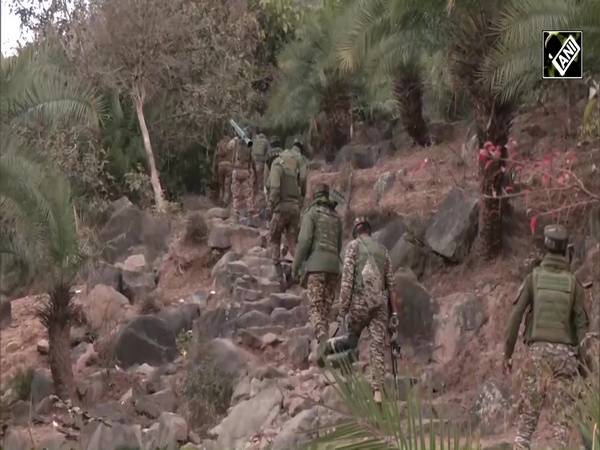We have made clear that aid needs to go to innocent civilians and not Hamas: US
Oct 20, 2023

Washington, DC [US], October 20 : The United States has made clear that the aid in Gaza must reach civilians and not Gaza, adding that it will monitor "very carefully" how the aid is delivered in the region, US Department of State spokesperson Matthew Miller said on Thursday (local time).
While addressing a press briefing, Miller said that the Israeli government has concerns that the aid that goes into Gaza will be diverted as there is no presence of Israeli military force and United Nations peacekeeping force in Gaza.
Asked why it was hard for the Israel government to agree to allow aid into Gaza, Miller said, "I think the concern the Israeli Government has and they've said this publicly and they've certainly said it privately to us is that any assistance that goes in will be diverted once it's inside Gaza, that there is not a - there's not an Israeli military force in Gaza, there's not a UN peacekeeping force in Gaza."
"The people with guns inside Gaza are Hamas. And so Hamas may try to divert this assistance and keep it from getting to the civilians who it is intended for. We think that's a legitimate concern. We've made clear that this aid needs to go to innocent civilians and not Hamas. We're going to be watching very carefully how it's delivered because we want to be sensitive to those concerns, which we share," he added.
Earlier this week, United States Secretary of State Antony Blinken said that Israel has agreed to establish a humanitarian aid plan to ensure that civilians in Gaza would get access to help provided by other countries and protect them from the destruction of war in a way that does not benefit Hamas.'
"Today, at our request, the United States and Israel have agreed to develop a plan that will enable humanitarian aid from donor nations and multilateral organizations to reach civilians in Gaza, including the possibility of creating areas to help keep civilians out of harm's way," Antony Blinken, who is in Israel shared on X.
Egypt's President Abdel Fattah El-Sisi has agreed to open the Rafah border crossing to allow roughly 20 trucks to provide humanitarian aid into Gaza, US President Joe Biden said.
Aboard Air Force One, Biden told reporters that when he took off for Israel, his key goal was to get humanitarian aid into Gaza and ensure there is a vehicle, a mechanism for it to happen quickly.
"And so, I have been on the phone for the last -- I don't know. We've been on the ground a while. That's why we haven't taken off -- with El-Sisi. I don't think I was on that long. It was about probably half an hour. And both -- my team here was with me. And he agreed that what he would do is open the gate -- to do two things: one, let up to 20 trucks through, to begin with. David Satterfield, my ambassador, is down there in -- not down there -- in Cairo now. He's going to coordinate this. He has my authority to do what is needed to get it done," Biden said in a press gaggle on board Air Force 1 at Ramstein base, Germany.
"When we took off, my goal was multifold, but basically to get humanitarian aid into Gaza and to get as many Americans out who wanted to get out -- could get out as possible. And so, we got a commitment, as you know, from the -- from the Israelis, including the unanimous vote of their war cabinet and the Prime Minister. And the second thing was that I wanted to make sure there was a vehicle, a mechanism, that this could happen quickly," the US President said.
On being asked if he was talking about Rafah crossing, Biden responded by saying "yes", and added, "They're going to patch the road. They have to fill in potholes to get these trucks through. And that's going to occur; they expect it'll take about eight hours tomorrow. So, there may be nothing rolling through until -- what's today? I'm losing track of days. Thursday? Wednesday? Probably until Friday."
He was further asked by reporters if Sisi agreed to open it up, to which the President said, "Yes. For this purpose. For this purpose. Not to allow a lot of people out, but to open it up for this purpose...for the trucks to be able to get through."
"But here's the deal: up to 20 trucks. This has been a very blunt negotiation I've had. And so, we want to get as many of the trucks out as possible. There's, I guess, 150 or something there. Not all of them will go the first tranche. If there's a second tranche -- see how it goes. The commitment is: If, in fact, they cross the border, the UN is going to be on the other side distributing this material -- offloading it and then distributing it, which is going to take a little time to set up, probably," Biden said.
